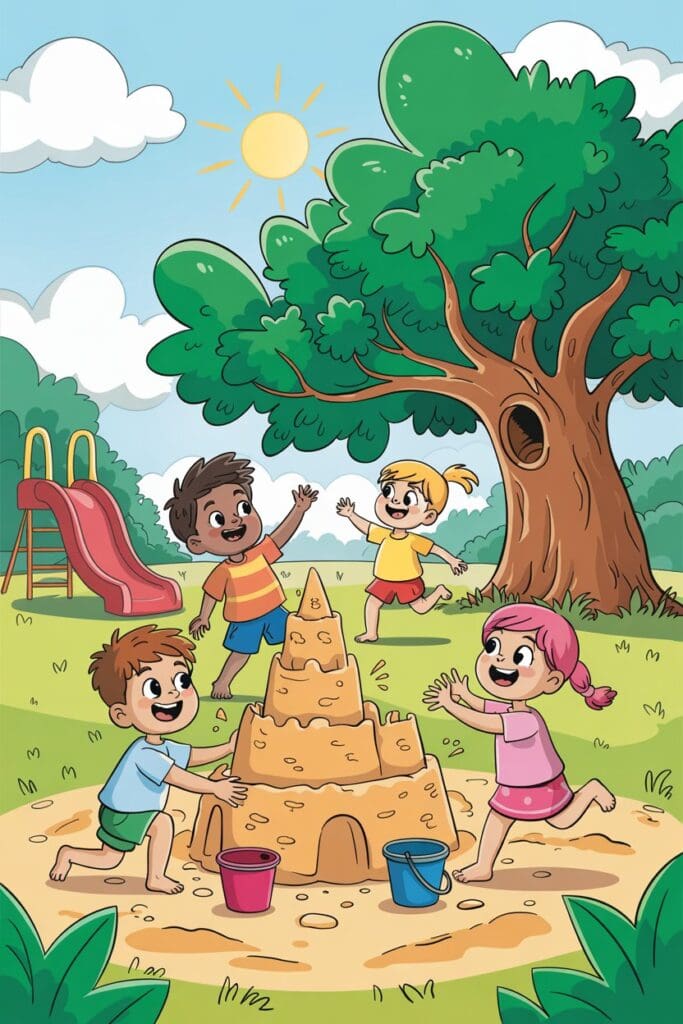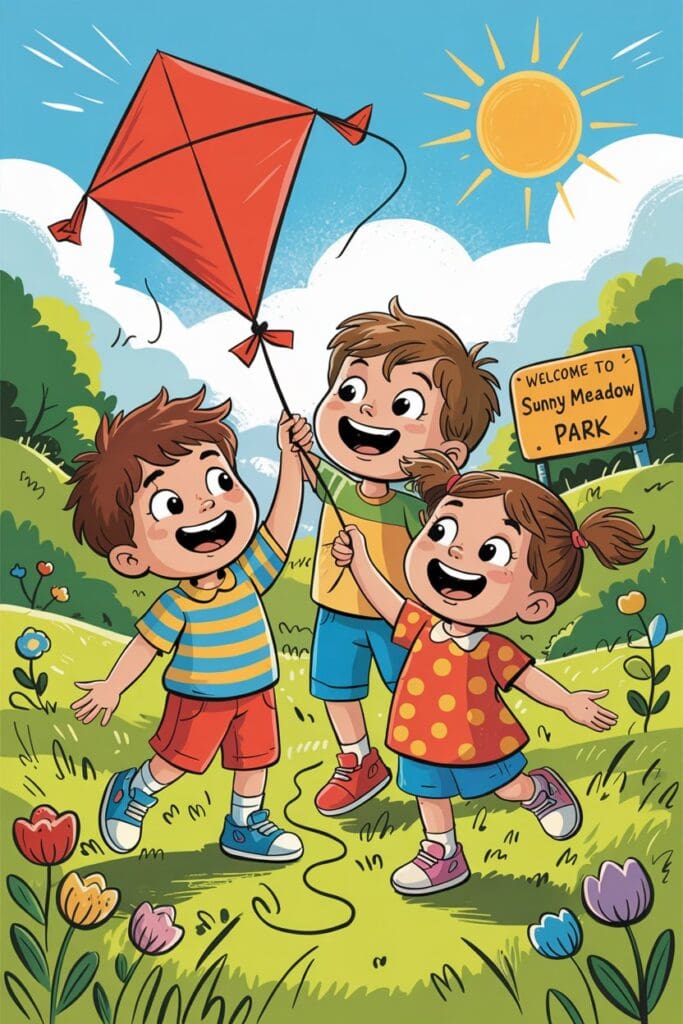7 Surprising Benefits of Boredom for Kids (That Boost Creativity & Confidence)
Have you ever heard your child complain, “I’m boooored!” while surrounded by toys and activities? You’re not alone. In today’s fast-paced, always-connected world, parents often feel pressure to fill every moment of their children’s lives with structured activities, educational apps, or stimulating entertainment. But here’s the truth: boredom isn’t bad. In fact, it’s good for kids.
Allowing our children to experience boredom can unlock incredible developmental benefits. In this post, we explore the benefits of boredom for kids, practical ways to embrace it, and how it connects with positive parenting principles.
Heads up: This post may include affiliate links. As an Amazon Associate, I earn from qualifying purchases—at no extra cost to you. Full privacy policy and disclosure here.
What Are the Benefits of Boredom for Kids?
Let’s dig into why boredom isn’t something to fear—but rather, an opportunity to support your child’s growth.
1. Fosters Creativity and Imagination
When kids are left with “nothing to do,” their imaginations come alive. Boredom forces them to invent, create, and explore. Whether it’s building a blanket fort or writing a silly story, this unstructured time fuels creative thinking.
Try offering them this Crayola Inspiration Art Case to inspire drawing, painting, or imaginative design. Let them take the lead!
2. Encourages Problem-Solving Skills
Without constant adult intervention or planned activities, kids must figure out how to entertain themselves—a valuable life skill.
Give them open-ended toys like LEGO Classic Bricks and Animals, and you’ll be amazed at what they create.
3. Supports Emotional Resilience
Boredom teaches patience and perseverance. When there’s no immediate stimulation, kids must self-soothe and find ways to stay engaged.
Want to help them explore emotional literacy too? Read more about The 5 Love Languages for Kids to discover how to connect with your child on a deeper level.
4. Reduces Overstimulation and Screen Dependency
Constant exposure to screens can limit a child’s attention span. Embracing boredom creates balance and space to reset.
Swap screen time for an engaging, screen-free option like the Highlights Jumbo Book of Hidden Pictures to keep them happily occupied.
5. Builds Confidence and Self-Motivation
Children who learn to overcome boredom become confident in their ability to direct their own time. This builds independence and self-worth.
If you’re trying to foster self-belief in your child, this post on 8 Easy Ways to Battle the “I Can’t Do It” Attitude offers practical help.
🎉 Free Download: 10 Screen-Free Activities for Kids!
Tired of hearing “I’m bored!” every afternoon? Grab this printable checklist packed with fun, independent play ideas your child will actually enjoy—no screens required.

Why Boredom Aligns with Positive Parenting
In positive parenting, we nurture children’s abilities to self-regulate, solve problems, and grow with confidence. Allowing space for boredom supports all of these goals.
Learn more about The 5 Pillars of Positive Parenting and how they can guide your family routine.
And if you want a full step-by-step parenting framework, I recommend the Positive Parenting Solutions course I took myself and absolutely loved.
How to Help Your Child Embrace Boredom
Here are a few ways you can gently support your child through boredom:
1. Create a “Boredom Basket”
Fill a bin with quiet, screen-free activities like puzzles, coloring books, stickers, and small building toys.
Stock it with the Melissa & Doug Water Wow! Activity Pads for no-mess creative fun.
2. Offer Time, Not Solutions
Instead of suggesting what to do right away, say: “I bet you can think of something!” This builds their creative confidence.
3. Limit Screen Time
Have screen-free hours or even a day each week. Make it a fun challenge rather than a punishment.
4. Embrace Slow Living
Plan simple, unstructured afternoons. Nature walks, backyard exploration, and quiet reading are perfect boredom busters.
Try the National Geographic Little Kids First Big Book of Why to spark curiosity.
5. Celebrate Downtime
Let your child know it’s okay to feel bored. Talk about how many great ideas come from still moments.
FAQ: Benefits of Boredom for Kids
Should I be worried if my child is bored often?
Not necessarily. Frequent boredom can be a sign they’re craving more independence or creative outlets.
How long should I let my child be bored?
There’s no set time limit. A bit of discomfort can be healthy—just watch for signs of distress vs. natural restlessness.
Are there tools to help kids enjoy boredom more?
Yes! Quiet toys, books, art kits, and outdoor time can all be boredom-friendly tools.
Does boredom help with self-regulation?
Yes. It helps kids manage their emotions and teaches delayed gratification.
What if my child gets anxious when they’re bored?
Gently validate their feelings, but encourage curiosity and problem-solving. It builds resilience over time.

Final Thoughts
The next time your child says, “I’m bored,” take a breath and smile. You’re giving them a gift. Boredom builds imagination, emotional strength, and life-long skills. In a world that pushes constant productivity, your child is learning to be instead of do. And that’s powerful.
By embracing the benefits of boredom for kids, you’re supporting their growth in a meaningful, lasting way.
So go ahead—let them be bored.
Outbound Resources:
Save this pin to your parenting board so you’ll always remember the surprising benefits of boredom for kids.

